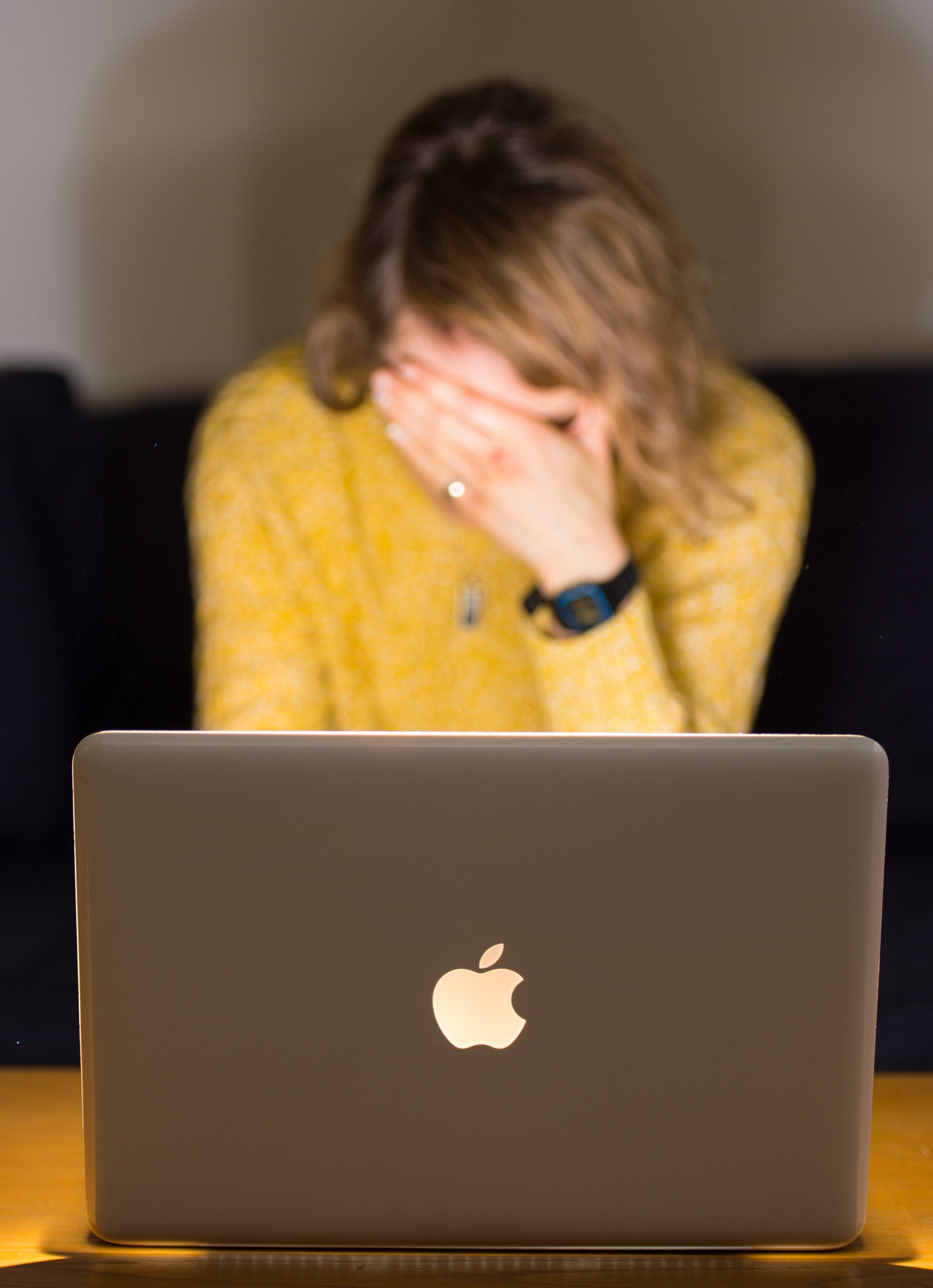Nearly one in five ‘have no disposable income left after paying for essentials’
Women are more likely than men to say they have no money left once essentials have been paid for, according to HSBC UK.

Your support helps us to tell the story
From reproductive rights to climate change to Big Tech, The Independent is on the ground when the story is developing. Whether it's investigating the financials of Elon Musk's pro-Trump PAC or producing our latest documentary, 'The A Word', which shines a light on the American women fighting for reproductive rights, we know how important it is to parse out the facts from the messaging.
At such a critical moment in US history, we need reporters on the ground. Your donation allows us to keep sending journalists to speak to both sides of the story.
The Independent is trusted by Americans across the entire political spectrum. And unlike many other quality news outlets, we choose not to lock Americans out of our reporting and analysis with paywalls. We believe quality journalism should be available to everyone, paid for by those who can afford it.
Your support makes all the difference.Nearly one in five (18%) people say they have no disposable income left to spend after their essential outgoings have been paid for, a survey has found.
This is up from 13% who had no leftover discretionary income before the coronavirus pandemic, according to HSBC UK.
Women (21%) are more likely to say they have no money left over once essentials have been paid for than men (15%).
The findings also indicate that women are particularly likely to have continued spending cuts initially made earlier on in the coronavirus pandemic in order to manage the cost-of-living crisis that has now emerged.
Among women who have changed their spending habits, nearly half (49%) are still spending less money on eating out compared with pre-pandemic, as are 40% of men.
It's important for people to have full clarity on the current state of their finances
Some 37% of women are still buying lower-cost alternatives for goods such as groceries, as are 26% of men.
More than one in 10 (12%) women have dipped into savings to cover everyday costs, as have 9% of men.
Chantelle Perkins, senior financial wellbeing consultant at HSBC UK, said: “In the face of rising costs, it’s important for people to have full clarity on the current state of their finances and to know what resources are available to help them understand exactly how they are spending their money.
“Budget calculators and features such as our financial fitness score tool can provide valuable support in helping people manage their day-to-day finances and plan for the future.”
People with problem debts could consider contacting charities such as StepChange, the Money Advice Trust, Christians Against Poverty and Citizens Advice for help and support.
The UK Government-backed Money Helper service also provides general tips about finances and budgeting.
– More than 2,100 people were surveyed across Britain in April.